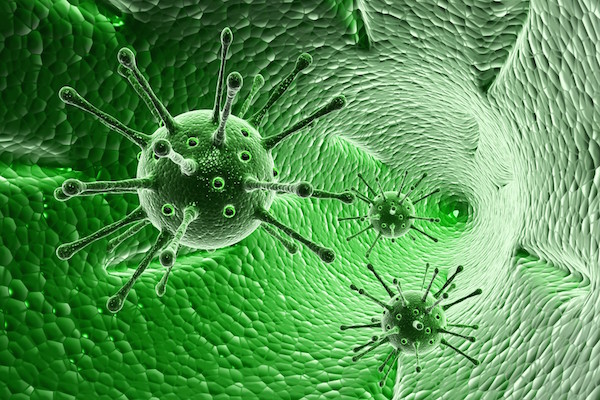
THURSDAY, Jan. 21 (HealthDay News) — The cells of origin for the most common form of breast cancer have been identified by researchers, who say the finding offers a possible new target for breast cancer drugs.
There are two general categories of breast cancer. The most common are luminal-like cancers, which are sensitive to hormones and slower-growing than more aggressive basal-like cancers, which aren’t sensitive to hormones.
In tests with mice, Tufts University researchers identified different types of breast stem and progenitor cells.
They found that “luminal-like breast cancer originates from one type of progenitor cell, lobule progenitors, which are the self-renewing cells required to generate the milk-producing structures in breast tissue during pregnancy and lactation. Inhibiting a protein (cyclin D1) essential to these cells prevented the formation of breast tumors in mice,” co-senior author Charlotte Kuperwasser, associate professor in the anatomy and cellular biology department at Tufts University School of Medicine, said in a news release.
“The effects of eliminating cyclin D1 activity were profound,” co-senior author Philip Hinds, deputy director of the Tufts Medical Center Cancer Center, said in the news release. “Depriving the lobule progenitor cells of cyclin D1 prevented self-renewal, disrupted normal mammary differentiation, and blocked the formation of luminal-like tumors.”
The study was published in the Jan. 19 issue of the journal Cancer Cell.
“Now that we have seen that this approach prevents mammary tumor formation, we would like to see if inhibition of cyclin D1 slows or reverses the growth of existing tumors. We predict that targeting cyclin D1 would diminish the progenitor cells that drive luminal-like tumor growth,” Hinds said.
If inhibiting cyclin D1 does combat existing tumors, the protein may offer a new target for breast cancer drugs, the researchers said.
More information
The American Cancer Society has more about breast cancer.

